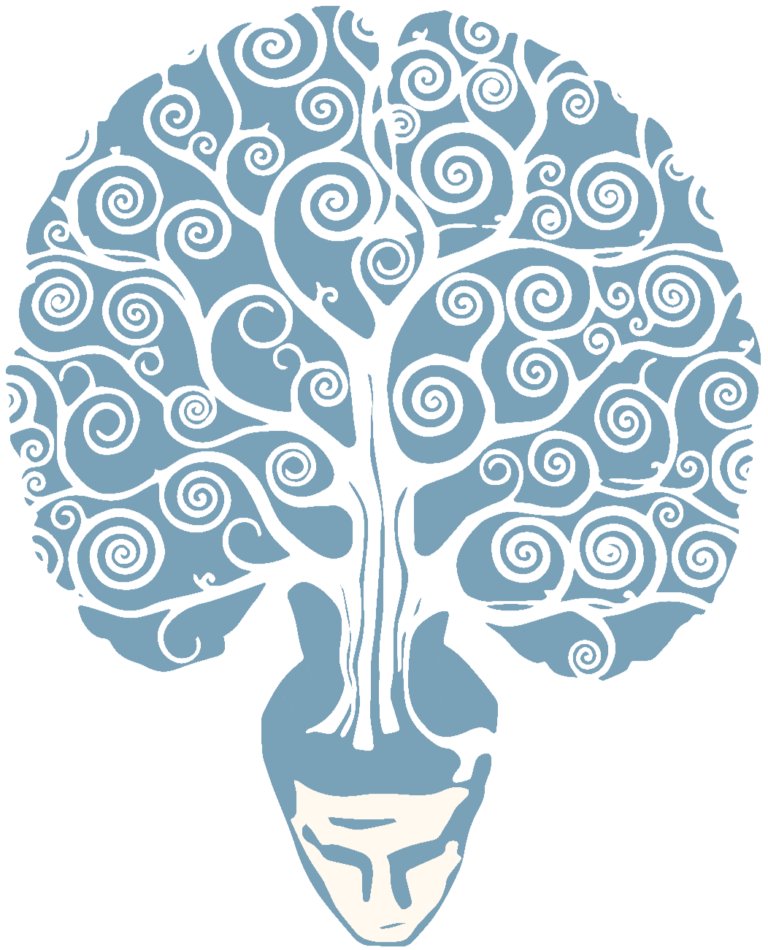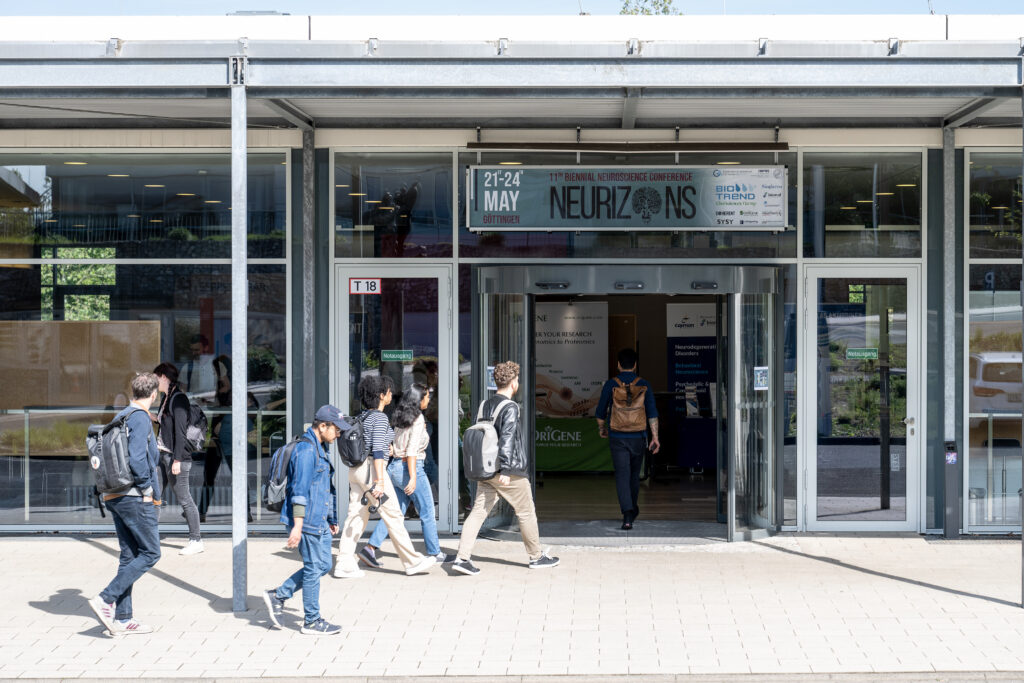
- 00Days
- 00Hours
- 00Minutes
- 00Seconds
Registration Fee
Early bird
40€
/
- Includes:
- Conference package
- Abstract submission for poster, flash talk and/or young investigator talk
Regular
45€
/
- Includes:
- Conference package
- Abstract submission for poster, flash talk and/or young investigator talk
Coming from far away? We will cover the travel expenses of those selected for young investigator talks, some flash talk presenters and a few participants! Check our frequently asked questions to learn more.
Multidisciplinary Neuroscience
About Neurizons
A student-organised conference
Every two years, the PhD students of the IMPRS Neuroscience program in Göttingen organise their own conference.

-
Location
Max Planck Institute for Multidisciplinary Sciences (Faßberg-Campus),
Am Faßberg 11,
37077 Göttingen,
Lower Saxony, Germany -
Date
19-22 May 2026
-
Contact
neurizons@mpinat.mpg.de